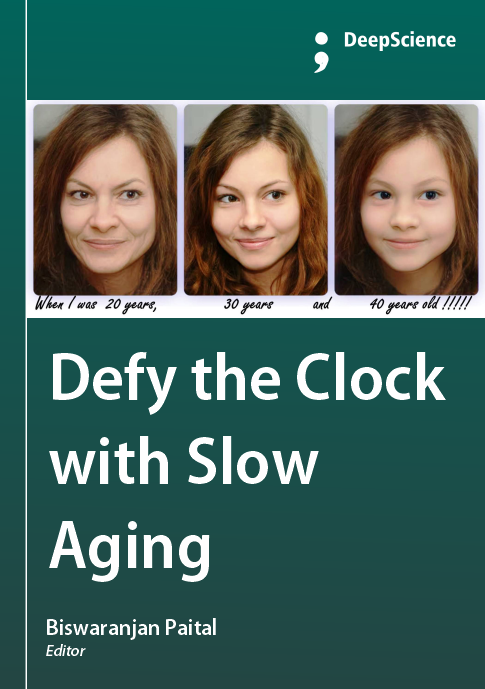Aging’s impact: Physical, mental, and emotional changes over time
Synopsis
Aging leads to widespread effects across biological, physiological, and cognitive systems, resulting in a gradual decline in overall function and resilience. At the cellular level, aging is marked by increased DNA damage, mitochondrial dysfunction, and impaired proteostasis, contributing to reduced regenerative capacity. Physiologically, aging affects almost every organ system, leading to decreased cardiovascular efficiency, weakened immune responses, slower metabolism, and reduced bone density. Cognitive functions, including memory, learning, and processing speed, also tend to decline with age. These changes increase susceptibility to chronic diseases such as cancer, diabetes, neurodegenerative disorders, and cardiovascular disease. Understanding the effects of aging is critical for developing strategies to enhance healthspan, maintain functional independence, and improve quality of life in older populations.
Keywords: Aging consequences, Cardiovascular Aging, Chronic Diseases, Physiological Decline, Cellular Dysfunction, Memory Loss, Musculoskeletal neural degeneration, Quality of Life













